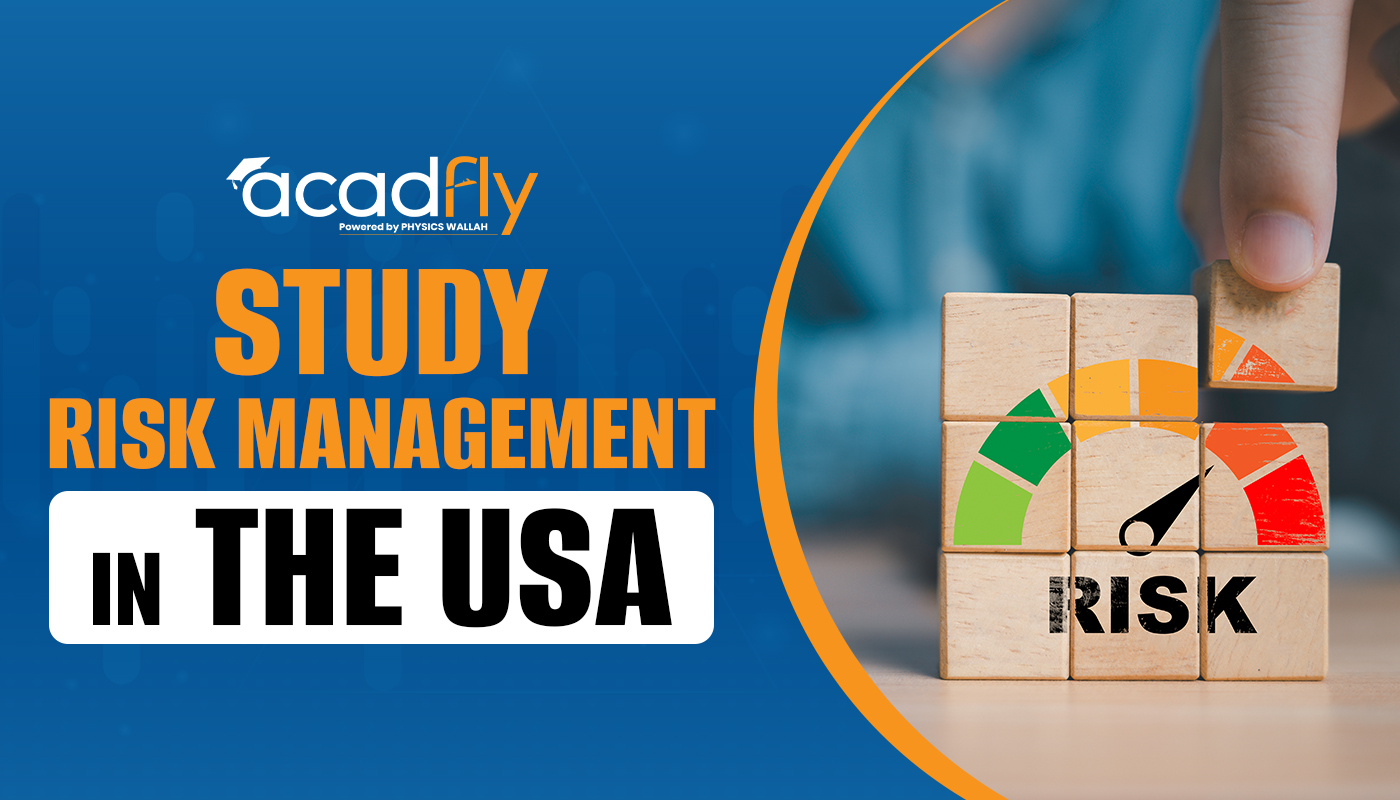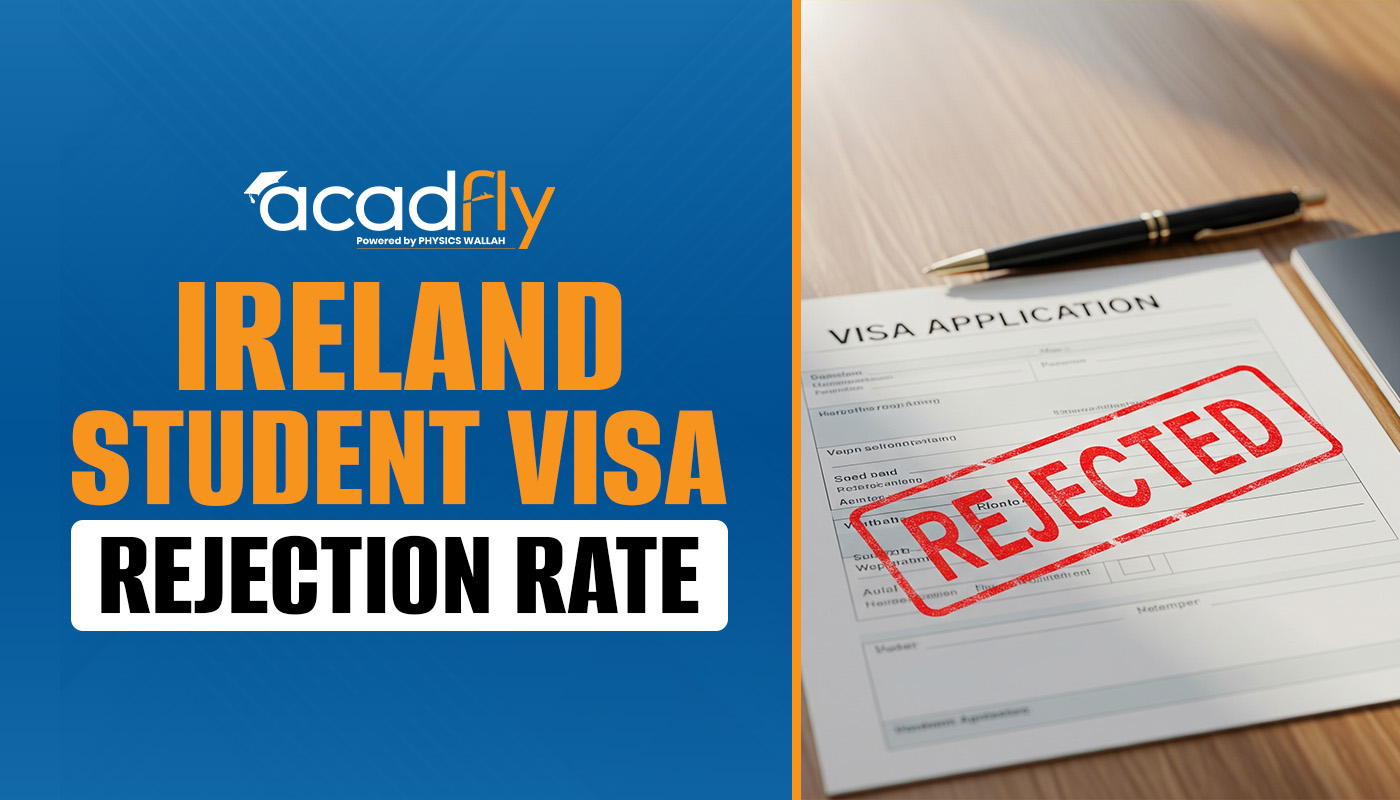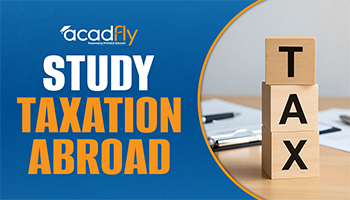
When planning to study in Canada, understanding the difference between a Canadian study permit vs. student visa is crucial. Many prospective international students confuse these terms, but they serve distinct purposes in the Canadian immigration system. A study permit is the primary document you need to legally study in Canada, while a student visa is often used interchangeably but typically refers to the entry document. Let’s explore the key differences between these two important documents and what you need to know for a smooth study experience in Canada.
Understanding the Study Permit Canada and Student Visa Canada
When considering studying in Canada, it's important to distinguish between a Canadian study permit and vs student visa. The Study Permit Canada is the official document required for international students who wish to pursue their education in Canada. It allows students to stay in Canada for the duration of their academic program. This permit is crucial for enrolling in designated learning institutions (DLIs) and is typically valid for the length of your course plus an additional 90 days, which allows you to prepare for departure or apply for an extension if needed.
On the other hand, the student visa in Canada is a term often used to refer to the entry visa required to enter Canada. This visa is not a separate document but rather a stamp or electronic approval that works in conjunction with your study permit. It is essentially a prerequisite that allows you to travel to Canada. Once you arrive, the study permit in Canada will be the primary document you'll need to legally reside and study in the country.
The differences between permits and visas can be subtle but significant. The study permit in Canada grants you the right to study and reside in Canada, while the student visa in Canada merely allows entry into the country. It is important to understand that while the student visa facilitates entry, it does not authorize you to stay or study; that's the role of the study permit.
For those exploring Canadian visa types, there are various visa options for students Canada offers. Besides the study permit, international students might consider applying for temporary resident visas (TRVs) or electronic travel authorizations (eTAs) depending on their country of origin. Understanding these Canadian visa types and their requirements can help streamline your application process and ensure a smooth transition to studying in Canada.
Key Differences Between Permits and Visas for Canadian Study
When planning to study in Canada, it's essential to understand the key distinctions between a study permit and a visa. While both documents play an important role, they serve different purposes. Knowing the specific functions of each can help international students navigate the application process more smoothly. Below is a table outlining the key differences between permits and visas for studying in Canada:
|
Aspect |
Study Permit |
Student Visa |
|
Purpose |
Grants the legal right to study in Canada |
Allows entry into Canada for study purposes |
|
Issued By |
Immigration, Refugees and Citizenship Canada (IRCC) |
Canadian embassies or consulates abroad |
|
Validity |
Valid for the duration of the academic program + 90 days |
Valid only for entry into Canada |
|
Requirement |
Mandatory to study at Designated Learning Institutions (DLIs) |
Mandatory for entry into Canada, depending on nationality |
|
Application Process |
Requires acceptance from a Canadian institution |
Requires an application after study permit approval |
|
Travel Authorization |
Does not allow entry into Canada |
Allows you to travel to and enter Canada |
|
Document Type |
Permit to study and reside in Canada |
Visa for international travel and entry |
|
Renewal |
Can be extended within Canada |
Must be reapplied for from outside of Canada |
|
Work Authorization |
May allow on-campus or off-campus work (with conditions) |
Does not authorize work; separate permits required |
|
Associated Costs |
Fees for application and biometrics |
Visa application fees based on country of origin |
Overview of Canadian Visa Types for Students
When planning to study in Canada, it’s essential to understand the different types of visas and permits available for international students. The most common document is the study permit, which allows students to live in Canada while pursuing their studies at a recognized educational institution. A study permit is necessary for most programs that last longer than six months, and it’s valid for the duration of your course with an additional 90 days for post-study plans.
Another important document is the Temporary Resident Visa (TRV), which is required for students from certain countries to enter Canada. The TRV is not the same as a study permit; rather, it allows entry into the country. If you’re from a visa-required country, you’ll need both a TRV and a study permit. The TRV is typically issued alongside your study permit, so you don’t need to apply for it separately.
If you’re from a visa-exempt country, you may need an Electronic Travel Authorization (eTA) instead of a TRV. An eTA is linked to your passport and is needed to fly into Canada. Like the TRV, the eTA is issued automatically when you apply for a study permit, making the process simpler for students from visa-exempt nations.
Finally, for those considering work opportunities during or after their studies, there’s the Post-Graduation Work Permit (PGWP). This permit allows international students who graduate from eligible Canadian institutions to work in Canada for up to three years, depending on the length of their study program. Understanding these visa options is key to ensuring a smooth experience as an international student in Canada.
Visa Options for Students Canada: Which One is Right for You?
Choosing the right visa option is essential for international students planning to study in Canada. Depending on your nationality, study plans, and post-graduation goals, different visa types may apply. Understanding these options will help you decide which one best suits your needs for a smooth transition to studying in Canada. Below is a table outlining the visa options for students Canada offers:
|
Visa Option |
Purpose |
Who Needs It? |
Duration |
|
Study Permit |
Allows students to study and live in Canada |
International students in programs longer than 6 months |
Study duration + 90 days |
|
Temporary Resident Visa (TRV) |
Grants entry into Canada |
Students from visa-required countries |
Duration of stay, based on study program |
|
Electronic Travel Authorization (eTA) |
Allows visa-exempt students to enter Canada by air |
Students from visa-exempt countries |
Up to 5 years or until the passport expires |
|
Post-Graduation Work Permit (PGWP) |
Allows graduates to work after studies |
Graduates from eligible Canadian institutions |
Up to 3 years, based on program length |
|
Co-op Work Permit |
Allows work as part of a study program |
Students with mandatory co-op/internship placements |
Matches the study permit duration |
|
Visitor Visa |
For short-term courses under 6 months |
International students in short courses |
Up to 6 months |
|
Spouse/Partner Open Work Permit |
Allows spouse/partner to work while student studies |
Spouses/partners of international students |
Matches the study permit duration |
|
Student Direct Stream (SDS) |
Faster study permit processing |
Students from select countries |
Duration of study |
|
Visa for Dependents |
Allows dependents to stay with students in Canada |
Dependents of international students |
Matches the study permit duration |
|
Super Visa |
For parents/grandparents visiting students in Canada |
Parents/grandparents of international students |
Up to 2 years per entry |
Comparing Study Permit Canada and Student Visa Canada: What You Need to Know
When deciding to study in Canada, it's important to understand the differences between a study permit and a student visa. Both documents are essential but serve distinct purposes. Here's a comparison of the study permit Canada and the student visa Canada, highlighting key points you need to know.
1. Purpose
The Study Permit Canada allows students to legally study and reside in Canada for the duration of their program. On the other hand, the student visa in Canada (often referred to as a Temporary Resident Visa or eTA) grants entry into the country but does not authorize study or residency on its own.
2. Issuance
The study permit is issued by Immigration, Refugees, and Citizenship Canada (IRCC) after you've been accepted into a Canadian educational institution. The student visa is issued by Canadian embassies or consulates abroad and depends on your nationality.
3. Validity
A study permit is typically valid for the duration of your academic program, plus an additional 90 days. In contrast, a student visa allows you to enter Canada and is only valid for travel purposes.
4. Application Process
You apply for a study permit after receiving an acceptance letter from a Canadian institution. A student visa, however, must be obtained before traveling to Canada, often alongside your study permit application.
5. Travel Restrictions
A student visa or eTA is required to enter Canada, while a study permit is necessary to remain and study. The visa controls entry, and the permit controls your legal status while studying.
Frequently Asked Questions
1. What is the difference between a Canadian study permit and a student visa?
2. Do I need both a study permit and a student visa to study in Canada?
3. Can I enter Canada with just a study permit?
4. How long is a Canadian study permit valid?
5. Can I work with a Canadian study permit?










